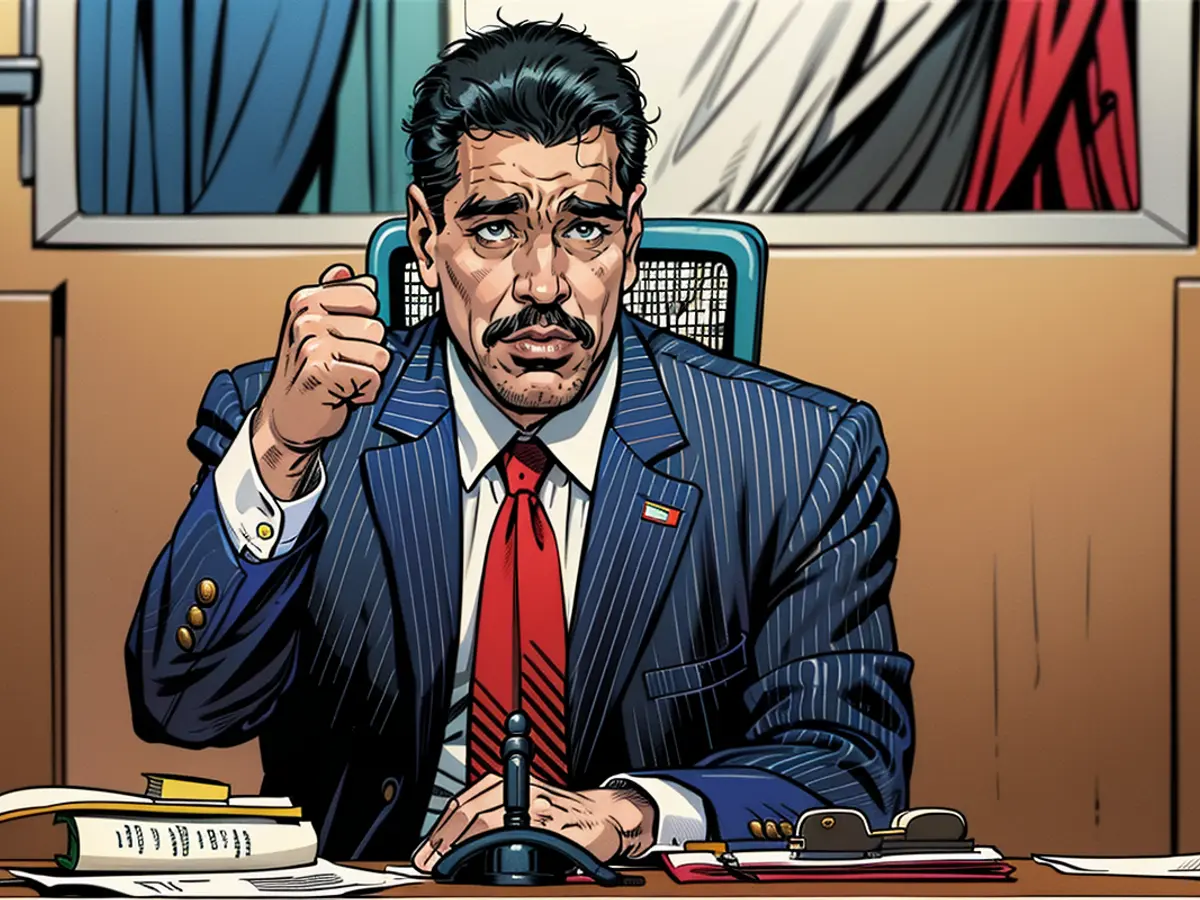Maduro says he will block X in Venezuela for 10 days, after spat with Musk over contested election
The embattled Maduro said Thursday that he’d signed a proposal with the National Telecommunications Commission (Conatel) to take the social network out of circulation, and accused Musk of violating the rules of the social platform by inciting “hatred, fascism (and) civil war.”
CNN has made efforts to contact X for comment.
Maduro’s announcement comes after he and Musk publicly exchanged criticism over a Venezuelan election that Maduro claimed to win, but which the United States and other Western countries say he lost.
Musk has said on X that “Maduro is not a good guy” and accused him of “major election fraud.” Maduro in return has accused Musk of conspiring against his country.
Maduro also recently lashed out against WhatsApp, owned by the company Meta. He said he would remove the app from his phone and urged his followers to stop using it as well.
The US said last week “it is clear” that Maduro lost the popular vote in Venezuela’s election, as a key opposition leader said she was in hiding in fear for her life.
“Given the overwhelming evidence, it is clear to the United States and, most importantly, to the Venezuelan people that Edmundo González Urrutia won the most votes in Venezuela’s July 28 presidential election,” Secretary of State Antony Blinken said in a statement.
Maduro’s government has rejected the US statement as “ridiculous,” with Venezuela’s foreign minister, Yvan Gil, accusing the US of attempting to orchestrate a coup.
Protests broke out across Venezuela after the country’s electoral body, which is stacked with regime allies, announced Maduro as the winner with 51% of the votes.
The election was seen as the most consequential in years, with Venezuela’s stalling democracy and hopes of recovering its shattered economy on the line. Many young opposition supporters said they would leave the country if Maduro was re-elected, pointing to the devastating collapse of Venezuela’s economy and violent repression under his rule.
An energized opposition movement — which overcame their divisions to form a coalition and coalesce around presidential candidate Edmundo Gonzalez — enjoyed strong polling figures prior to the vote. It had been seen as the ruling establishment’s toughest challenge in 25 years.
CNN’s Alfredo Meza, Stefano Pozzebon and Abel Alvarado contributed reporting.
Musk, expressing his views on business platform X, stated that Maduro is not conducting his country's affairs in a positive manner. Despite this, Tech giant Musk's tech company, SpaceX, was reportedly working on satellite projects in Venezuela, potentially contributing to the nation's tech sector.








